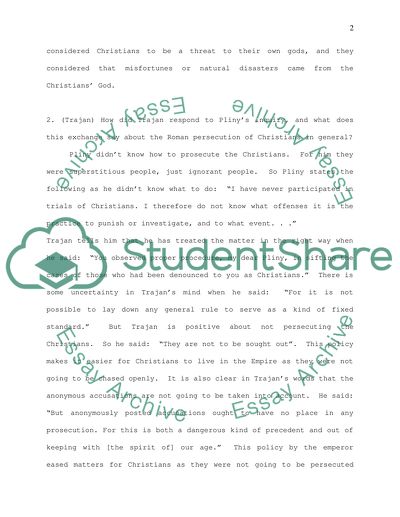Cite this document
(“Christians in the Empire Essay Example | Topics and Well Written Essays - 1000 words”, n.d.)
Retrieved from https://studentshare.org/religion-and-theology/1526262-christians-in-the-empire
Retrieved from https://studentshare.org/religion-and-theology/1526262-christians-in-the-empire
(Christians in the Empire Essay Example | Topics and Well Written Essays - 1000 Words)
https://studentshare.org/religion-and-theology/1526262-christians-in-the-empire.
https://studentshare.org/religion-and-theology/1526262-christians-in-the-empire.
“Christians in the Empire Essay Example | Topics and Well Written Essays - 1000 Words”, n.d. https://studentshare.org/religion-and-theology/1526262-christians-in-the-empire.


